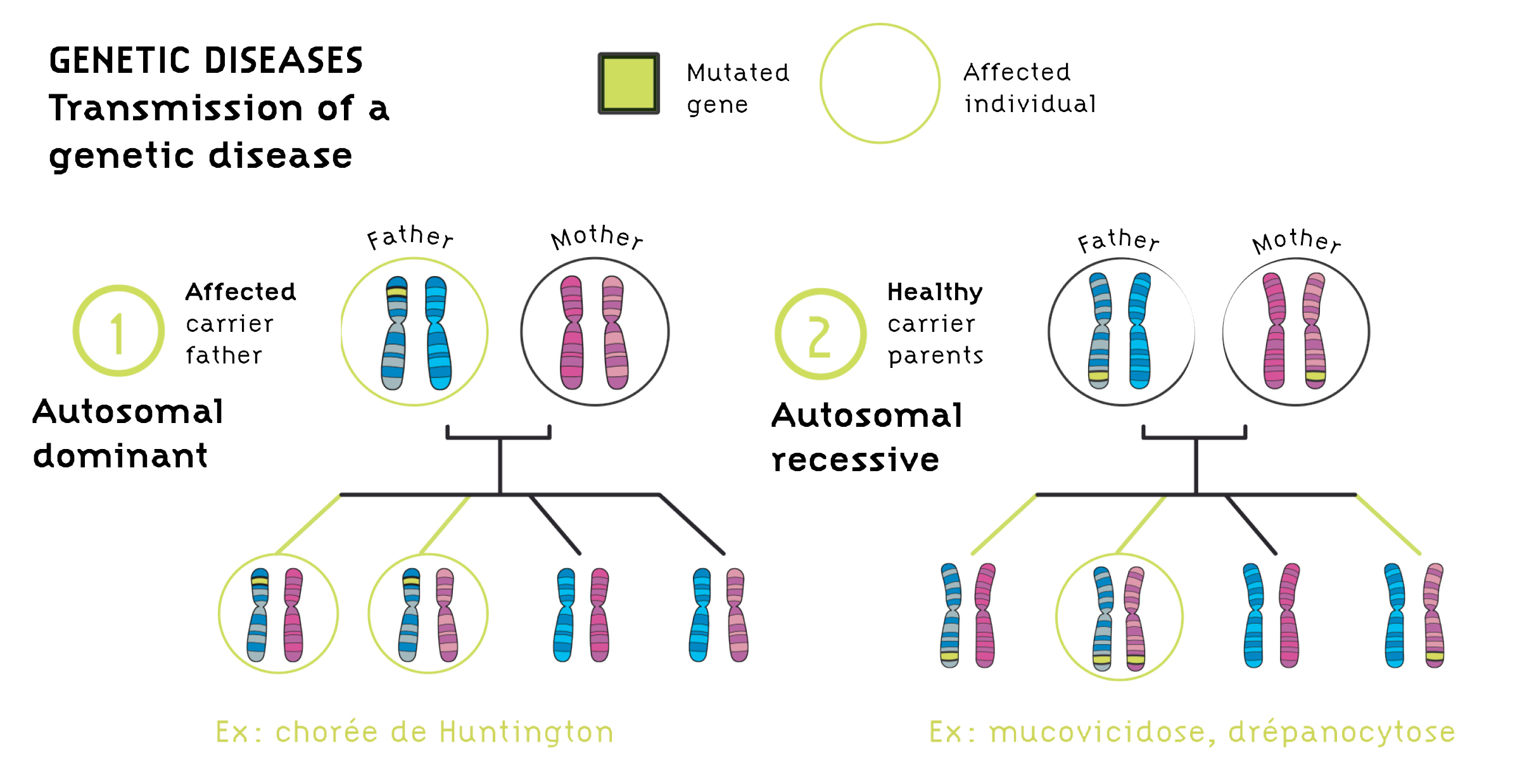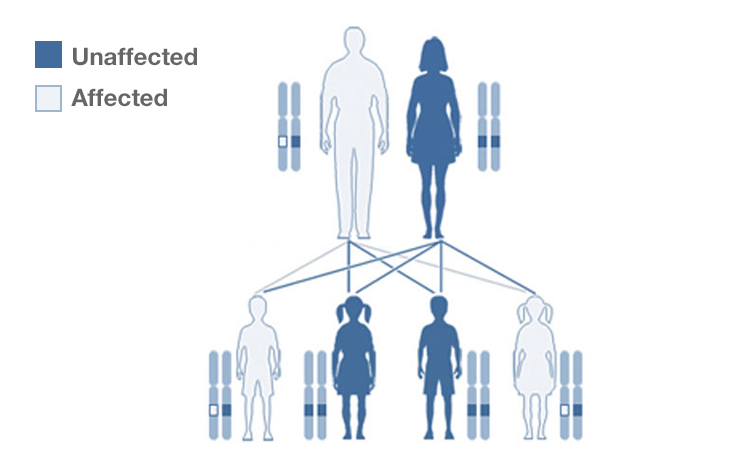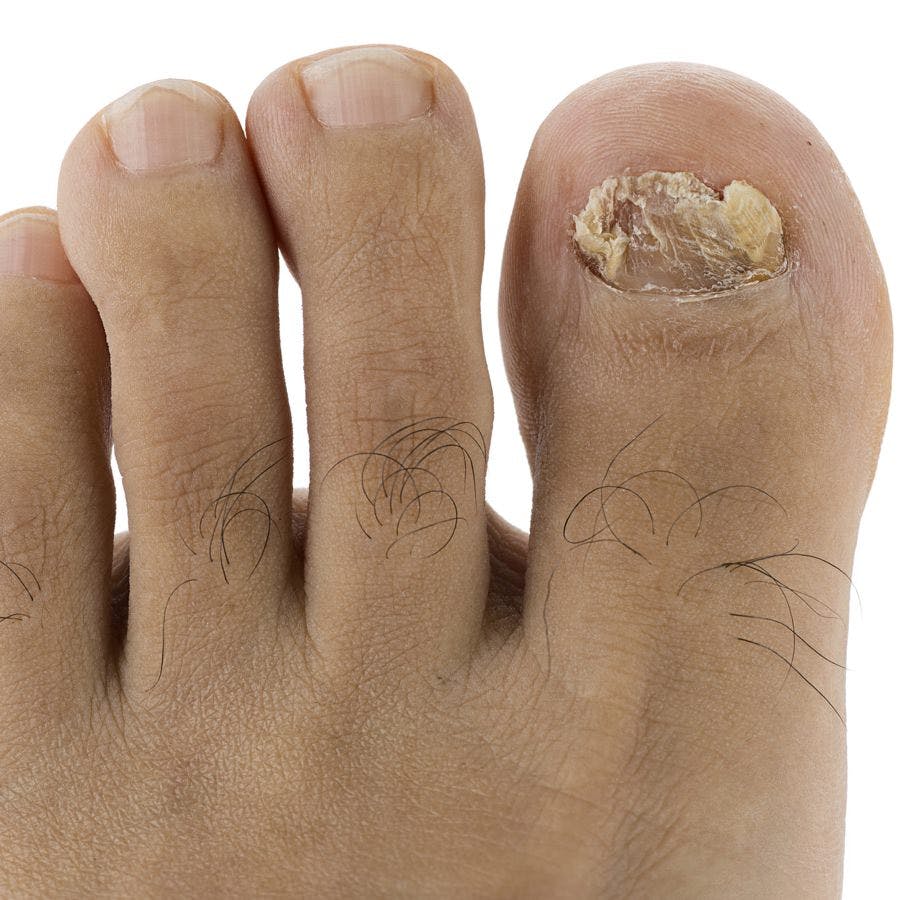Genetic mutations permanent change in one or more specific genes can cause diseases. This is sometimes referred to as a spelling mistake.
Hereditary Ocular Disease Research To Prevent Blindness
Genetic disorders are conditions that occur as a result of changes to or mutations in DNA within the bodys cells.

What is a genetic disease. A genetic disorder is a disease caused in whole or in part by a change in the DNA sequence away from the normal sequence. Genetic disorders are precisely what they sound like. Typically these are caused by exposure to a harmful substance such as radiation or cigarette smoke.
The human genome is made up of the 46 human chromosomes 22 pairs of autosomal chromosomes and 2 sex chromosomes. Diseases caused by a mutation of a gene. Diseases commonly associated with these environmental exposures include lung cancer melanoma and neurofibromatosis.
A mutation is a change in the letters DNA sequence that make up a gene. A genetic disease is any disease caused by an abnormality in the genetic makeup of an individual. Human genetic disease any of the diseases and disorders that are caused by mutations in one or more genes.
Most genetic diseases are the direct result of a mutation in one gene. However one of the most difficult problems ahead is to find out how genes contribute to diseases that have a complex pattern of inheritance such as in the cases of diabetes asthma cancer and mental illness. Phenylketonuria Vitamins Gale Encyclopedia of Medicine.
The genetic abnormality can range from minuscule to major -- from a discrete mutation in a single base in the DNA of a single gene to a gross chromosomal abnormality involving the addition or subtraction of an entire chromosome or set of chromosomes. Most cells in the body contain long. When such diseases are inherited rather than the result of a random mutation it means they are passed along to a child from one or both parents according to a specific patterns of inheritance.
These mutations are responsible for causing illnesses. A persons genes are contained within their genome. A genetic disorder is an illness caused by changes in a persons DNA.
Genetic disorders can also develop throughout a persons life. These mutations can be due to. 250 rows D Deletion of a gene or genes C Whole chromosome extra missing or both see.
An example of genetic disease is Downs syndrome. A genetic disease or disorder is any disease caused by a problem with a persons genes. Sickle cell anemia cystic fibrosis and some cases of early-onset Alzheimers disease are examples of inherited genetic disorders.
A genetic disorder is a disease that is caused by a change or mutation in an individuals DNA sequence. Diseases can occur due to a defect in a single gene. Moreover if the gene mutations exist in the egg or sperm cell children can inherit the defective gene from their parents.
A genetic disease or disorder is the result of changes or mutations in an individuals DNA. Dysfunctional gene behaviour is commonly termed as a mutation. Genetic disorders can be caused by a mutation in one gene monogenic disorder by mutations in multiple genes multifactorial inheritance disorder by a combination of gene mutations and environmental factors or by.
A genetic disease is a disease that is passed from one generation to the next but does not necessarily appear in each generation. If a person inherits a genetic mutation that causes a certain disease then he or she will usually get the disease. With the increasing ability to control infectious and nutritional diseases in developed countries there has come the realization that genetic diseases are a major cause of disability death.





